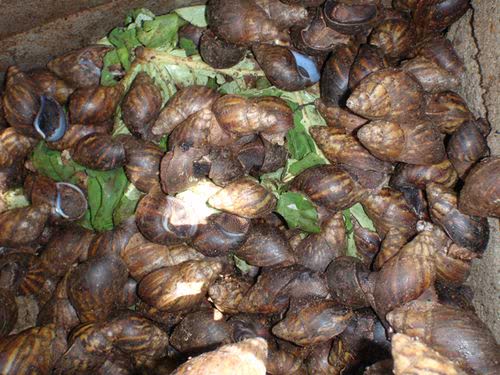Thanks to protein, iron and Omega-3, Snails are being touted as the new superfood. After all, sixty million Frenchmen cannot be wrong…If it is good enough for the French, it is good enough for us. A theory, which worked with croissants, fries and garlic, and now, it seems, snails, which are busy crawling their way onto a plate near you.
But if you are one of the many diners who baulk at the idea of downing a plate of garden pests, think again. For snails have come out of their shells and are basking in the glory of being the new star superfood. In fact, they are so good, they have been introduced to the menu at high street favourite cafes around major cities of the world for the following reasons:
Protein
“Although they are not going to be high on top 10 list of favourite foods,” admits nutritionist Rob Hobson from Healthspan. “Snails do provide a low calorie source of protein (unless you drench them in butter)”. Protein is essential for building and repairing muscle, and is also better at filling you up than carbs and fat. Many people look to seafood as an easy source of protein, but actually, snails have more.
Iron
Hobson adds that snails are also a good source of iron, essential for building red blood cells and carrying energy around the body. A lack of iron can lead to extreme fatigue and anaemia.
Vitamin B12
Often cited as the ‘energy vitamin’, B12 is needed for making red blood cells, keeping the nervous system healthy, releasing energy from the food we eat and processing folic acid. Luckily, snails have lots of it.
Magnesium
Snails are also a good source of magnesium, which our bodies need to maintain a normal blood pressure, strengthen bones and also keep your heartbeat regular.
Selenium
We do not need much selenium in our bodies, but we do need some to keep a healthy immune system and to protect cells against damage. And yes, snails contain selenium.
Omega-3
Finally the much-feted, heart-loving fatty acids. “Snails also supply a little Omega-3,” says Hobson, “which is good news for your heart.” “Although, he adds, “they contain nowhere near the levels found in oily fish.” So why not try eating a lot more snail?
Culled from BT.com





